 On World Environment Day, we spotlight YES Foundation's efforts to combat desertification, the relentless degradation of fertile land that threatens millions worldwide. Garima Dutt, CEO, YES Foundation, brings nearly two decades of experience in sustainability and community development from her tenure at organizations such as Tata Motors, Reliance Foundation, and GSK. Under her leadership, YES Foundation is making significant strides in addressing this critical issue, which not only strips away vegetation and food sources but also disrupts the socio-economic fabric of rural communities.
On World Environment Day, we spotlight YES Foundation's efforts to combat desertification, the relentless degradation of fertile land that threatens millions worldwide. Garima Dutt, CEO, YES Foundation, brings nearly two decades of experience in sustainability and community development from her tenure at organizations such as Tata Motors, Reliance Foundation, and GSK. Under her leadership, YES Foundation is making significant strides in addressing this critical issue, which not only strips away vegetation and food sources but also disrupts the socio-economic fabric of rural communities.
In this article, Garima details YES Foundation's initiatives aimed at combating desertification through water harvesting structures, sustainable farming practices, and community-led conservation efforts. As the social development arm of YES BANK, YES Foundation has spent the past 11 years advancing Employability, Entrepreneurship, and Environmental Sustainability across India. Explore how these initiatives are transforming arid lands, improving food security, and enhancing the socio-economic conditions of rural communities, paving the way for a more sustainable future.
Transforming Arid Lands: YES Foundation’s Fight Against Desertification
“Iss banjar main kya ugega?” (What will grow in this barren land?), wondered Shantilal Khummhar, a 60-year old marginal farmer from Chaube ki Guwari, in Rajasthan’s Karauli district. His village's rocky and undulating terrain made it nearly impossible to store rainwater or grow crops. In desperate need for a livelihood, many villagers, like Shantilal, across India turn to mining quarries or migrate to cities for work.
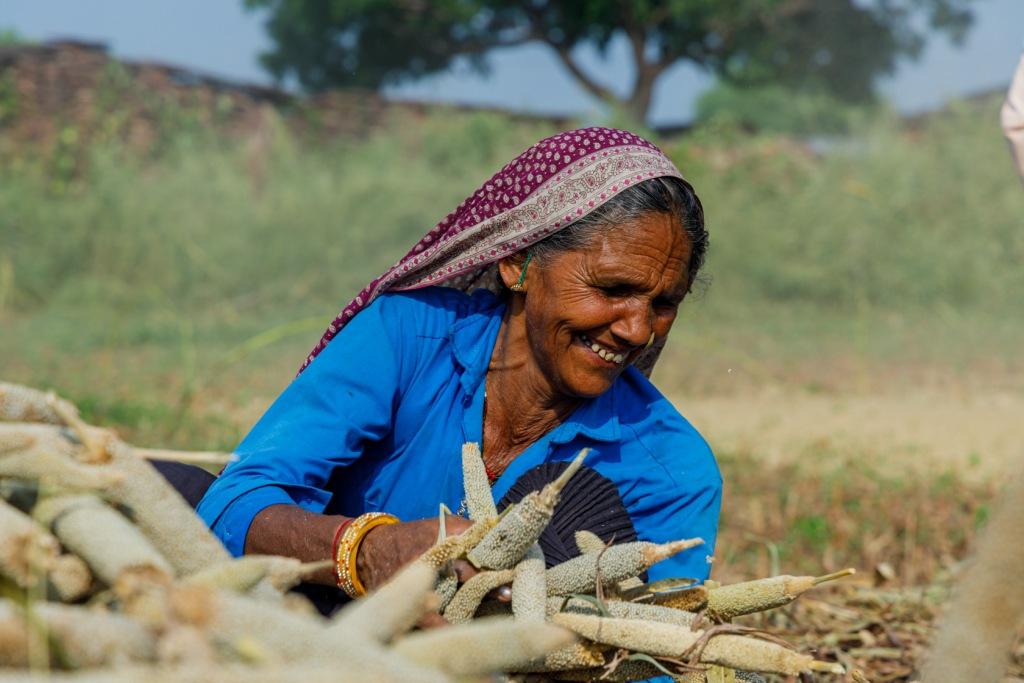 Desertification not only strips vegetation and food sources but also disturbs the socio-economic milieu of rural households. Most Indian farmers rely on rain-fed irrigation,and in areas with scarce rainfall, water availability for drinking and irrigation becomes a challenge. In mountainous regions, even little rainfall leads to high runoff and significant soil erosion, restricting farming to just one season.The rest of the year, many families depend ongrains from the Public Distribution System, grappling with food insecurity caused by desertification.
Desertification not only strips vegetation and food sources but also disturbs the socio-economic milieu of rural households. Most Indian farmers rely on rain-fed irrigation,and in areas with scarce rainfall, water availability for drinking and irrigation becomes a challenge. In mountainous regions, even little rainfall leads to high runoff and significant soil erosion, restricting farming to just one season.The rest of the year, many families depend ongrains from the Public Distribution System, grappling with food insecurity caused by desertification.
We, at YES Foundation, recognize that lack of rainwater harvesting structures has worsened water shortages, affecting soil fertility, crop and fodder production, rendering the community susceptible to drought during the harsh summer months. Recognising these challenges, YES Foundation has stepped in with a mission to restore land and build drought resilience. Partnering with local organizations, we focus on promoting climate-resilient agriculture through community-led efforts.
Key Achievements
- Creating Water Harvesting Potential:
Over the past three years, YES Foundation has created more than 10 crore liters of water harvesting potential in villages across Rajasthan, Gujarat and Maharashtra. By building structures such as 'pokhars' (earthen rainwater harvesting structures) and 'pagaras' (farm bunds to prevent soil erosion), we have transformed approximately 100 acres of land for double cropping, increasing soil moisture and enabling year-round cultivation.
- Introducing Sustainable Farming Practices:
To complement these water harvesting efforts, YES Foundation has introduced new farming practices that enhance sustainability and productivity. We promoted the use of treated seeds, organic formulations, and crop rotation. With the help of government knowledge centers like Krishi Vigyan Kendras, we organized knowledge transfer trainings and set up demonstration farms. Farmers adopted micro-irrigation technologies, reducing costs and conserving water.
- Planting Trees for Desertification Control:
Tackling desertification involves increasing the green cover. We aim to plant one million trees over five years, with 200,000 trees planted in 2023. These fruit trees, planted on farmer land, provide additional income and ensure better care for the trees. Community participation and farmer awareness are key to the success of these plantation drives.
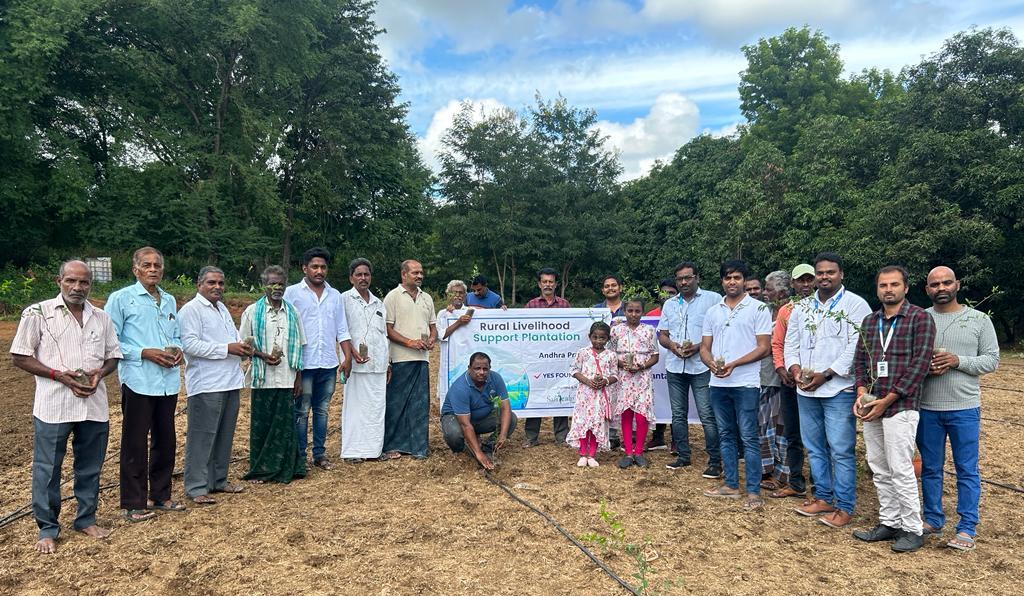
- Improving Livelihoods:
The comprehensive interventions by YES Foundation have led to a significant increase in the incomes of project beneficiaries. On an average, incomes have risen by INR 50,000. This boost has allowed families to invest in better education for their children and improve their agricultural practices. For instance, Balchand Kaniram from Jeta Kheri village in Gujarat, used his enhanced income to start animal husbandry, enabling his children to attend better schools and reinvested in improving his agricultural yield. He hopes his eldest son, who still migrates to cities for work, will one day be able to stay in the village permanently.
- Enhancing Food and Nutrition Security:
The shift to organic farming practices has also bolstered food and nutrition security for families. For example, Leela Devda from Modwa village in Rajasthan, started a kitchen garden with treated seeds provided through the project. She now grows a variety of vegetables, including cabbage, brinjal, cauliflower, green chilies and papaya, enriching her family's diet with nutritious home-grown produce.
- Community-Led Conservation Efforts
At the heart of YES Foundation's success is community participation. By involving local communities in the design and implementation of soil and water conservation projects, we ensure that these efforts are sustainable and impactful. Village Development Committees play a crucial role in mobilizing communities, conducting awareness programs, and maintaining the constructed structures. This sense of ownership and responsibility among community members is key to the long-term success of our initiatives.
As the landscapes of these regions begin to rejuvenate, we see a corresponding improvement in the socio-economic conditions of the communities. Farmers are now able to cultivate multiple crops throughout the year, ensuring food security and generating a stable income. This has led to a ripple effect, with improved health, education and overall quality of life for the villagers.
YES Foundation's commitment to combating desertification and promoting sustainable agriculture is transforming the lives of farmers in arid regions. By creating water harvesting structures, introducing sustainable farming practices, planting treesand improving livelihoods, we are paving the way for a greener, more sustainable future. The success of these initiatives underscores the importance of community-led conservation efforts in addressing the pressing challenges of desertification and land degradation. With continued support and collaboration, we can empower farmers to lead the charge towards a resilient and thriving agricultural landscape.




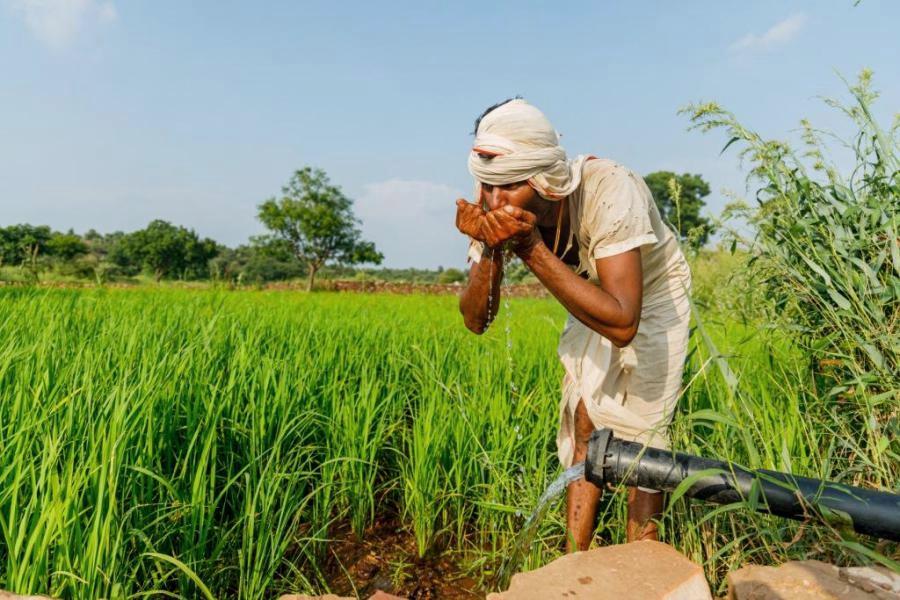
 On World Environment Day, we spotlight YES Foundation's efforts to combat desertification, the relentless degradation of fertile land that threatens millions worldwide. Garima Dutt, CEO, YES Foundation, brings nearly two decades of experience in sustainability and community development from her tenure at organizations such as Tata Motors, Reliance Foundation, and GSK. Under her leadership, YES Foundation is making significant strides in addressing this critical issue, which not only strips away vegetation and food sources but also disrupts the socio-economic fabric of rural communities.
On World Environment Day, we spotlight YES Foundation's efforts to combat desertification, the relentless degradation of fertile land that threatens millions worldwide. Garima Dutt, CEO, YES Foundation, brings nearly two decades of experience in sustainability and community development from her tenure at organizations such as Tata Motors, Reliance Foundation, and GSK. Under her leadership, YES Foundation is making significant strides in addressing this critical issue, which not only strips away vegetation and food sources but also disrupts the socio-economic fabric of rural communities. Desertification not only strips vegetation and food sources but also disturbs the socio-economic milieu of rural households. Most Indian farmers rely on rain-fed irrigation,and in areas with scarce rainfall, water availability for drinking and irrigation becomes a challenge. In mountainous regions, even little rainfall leads to high runoff and significant soil erosion, restricting farming to just one season.The rest of the year, many families depend ongrains from the Public Distribution System, grappling with food insecurity caused by desertification.
Desertification not only strips vegetation and food sources but also disturbs the socio-economic milieu of rural households. Most Indian farmers rely on rain-fed irrigation,and in areas with scarce rainfall, water availability for drinking and irrigation becomes a challenge. In mountainous regions, even little rainfall leads to high runoff and significant soil erosion, restricting farming to just one season.The rest of the year, many families depend ongrains from the Public Distribution System, grappling with food insecurity caused by desertification.
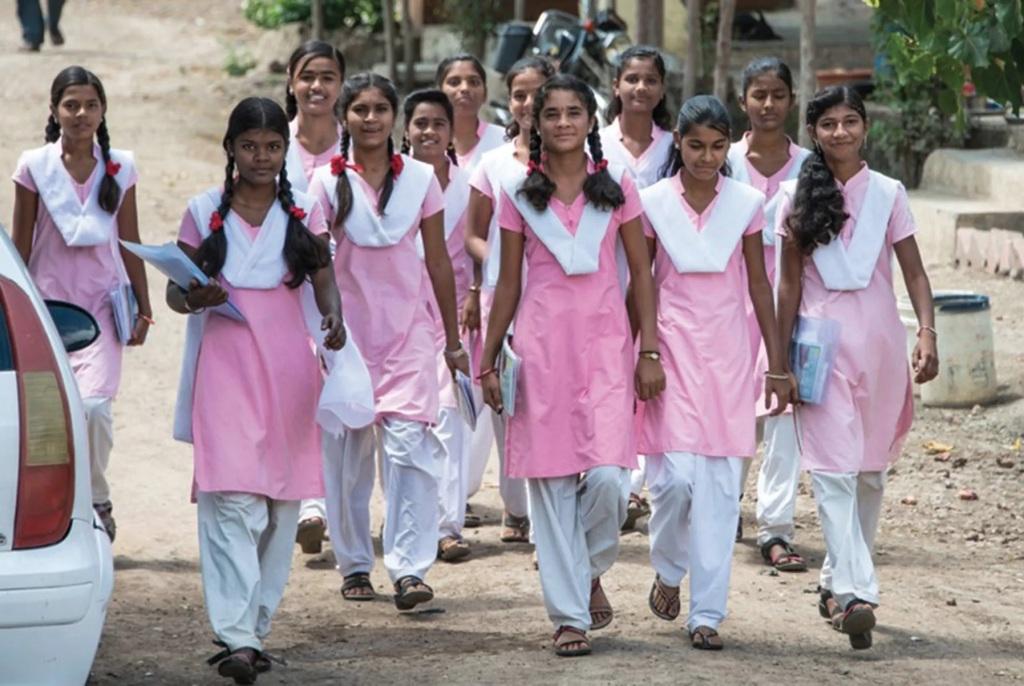


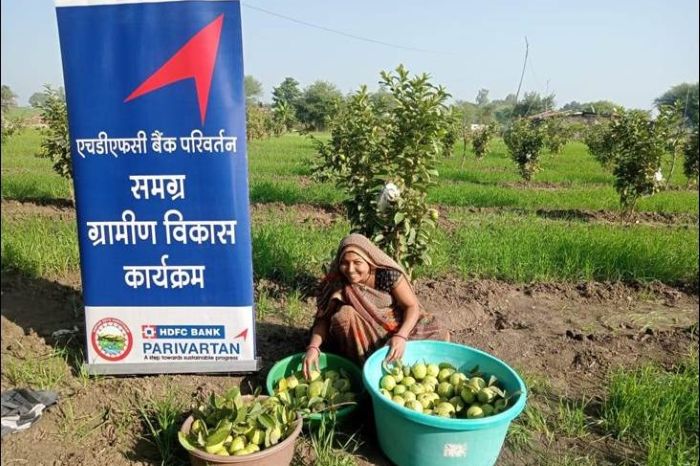
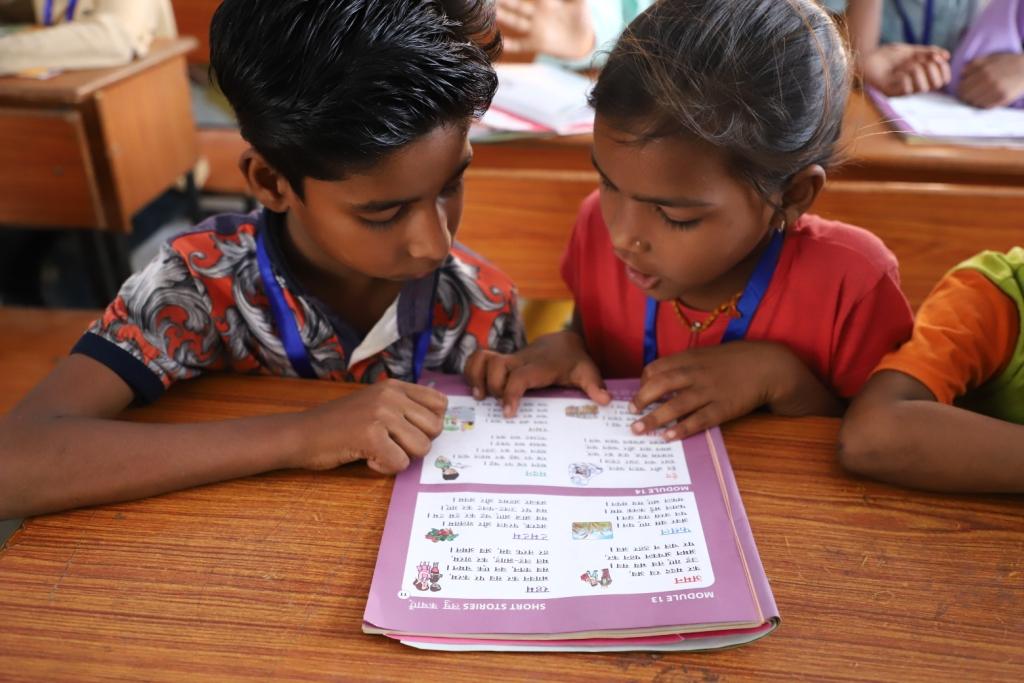
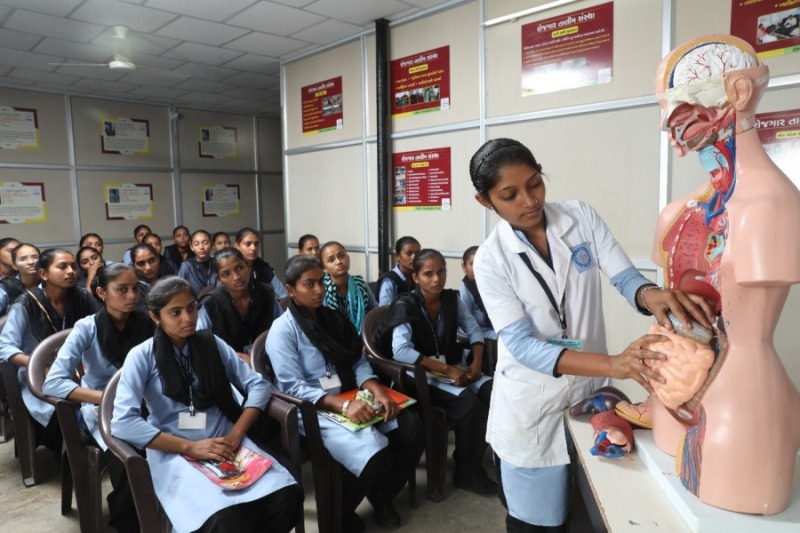

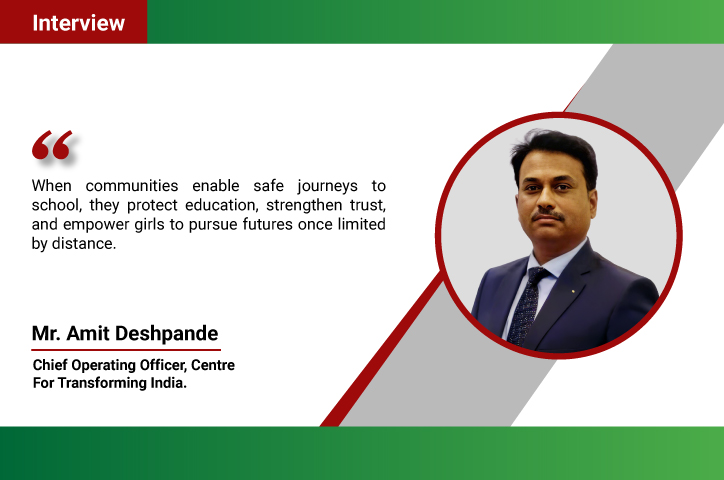






.jpg)



